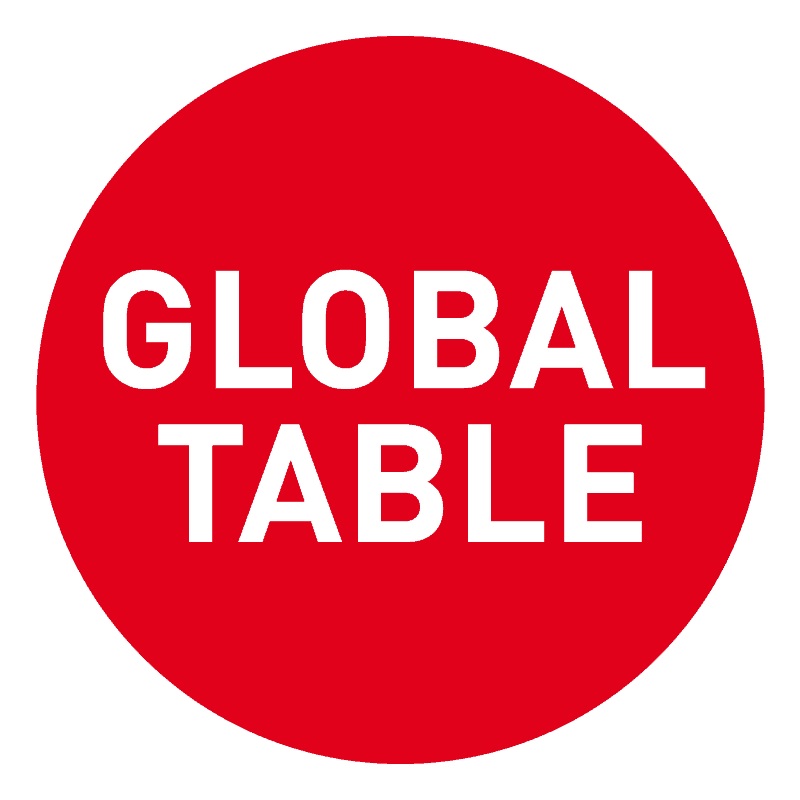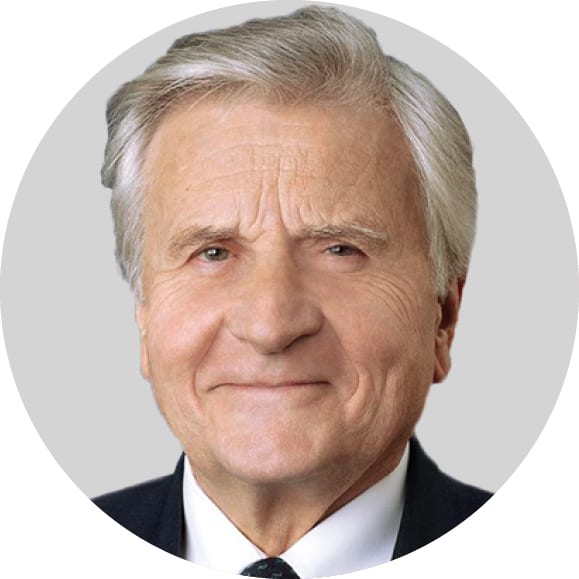
What can the G20 and Central Banks do to deal with monetary and financial challenges in context of the COVID-19 crisis while preparing the way to a new normal in monetary policy?
The discussion about ending the exceptional monetary and financial measures and policy strategies adopted after the 2008 Financial Crisis to return to a “new normal” in monetary policy, gained momentum in 2019 both among policy makers and in the academic research circles. Leading central banks started strategic reviews that should have reached conclusions before the end of 2020. These developments reflected advances in theory, empirical evidence and policy experience as well as new concerns about financial stability, income and wealth distribution, and growing global financial interdependence. However, the Covid-19 pandemic has created a new situation. Its economic consequences will persist for a substantial period and will require new special short-term measures by central banks, well-coordinated with fiscal authorities, to stabilize economies and safeguard financial stability; together with a medium-term strategy for phasing out these crisis measures. This panel will discuss monetary and financial strategies for dealing with the economic shocks triggered by the COVID-19 crisis, and what the G20 and do to support these at a time when multilateralism is in crisis and reaching consensus on the coordination of monetary and financial strategy is difficult. How can central banks and financial authorities maintain financial stability while providing the liquidity required for moderating economic shocks? What lessons can (or cannot) be learned in this regard from the global financial crisis in 2008? How can monetary and financial response measures be designed in a way that prepares for an exit strategy in 2-3 years to return onto the path towards a “new normal” in monetary policy? How can the G20 support this while including central banks and fiscal authorities from other countries?
Keynote
You are currently viewing a placeholder content from Youtube. To access the actual content, click the button below. Please note that doing so will share data with third-party providers.
More InformationKeynote
You are currently viewing a placeholder content from Youtube. To access the actual content, click the button below. Please note that doing so will share data with third-party providers.
More InformationPanel Discussion
You are currently viewing a placeholder content from Vimeo. To access the actual content, click the button below. Please note that doing so will share data with third-party providers.
More InformationSpeakers
Keynotes

Jean-Claude Trichet
Banque de France

Franco Bruni
ISPI, Italy
Panel

Lorenzo Bini-Smaghi
Société Générale, France

Franco Bruni
ISPI, Italy

Lucrezia Reichlin
LSE, UK

Jean-Claude Trichet
Banque de France

Moderator:
Stephanie Flanders
Bloomberg
Voices of the 2020 Young Global Changers
You are currently viewing a placeholder content from Youtube. To access the actual content, click the button below. Please note that doing so will share data with third-party providers.
More InformationNinety young people from around the world were selected to participate in the 2020 Global Solutions Summit as Young Global Changers. These young changemakers from academica, business and civil society contribute and debate in their various working groups on the Summit topics. Watch the video with statements and questions by the YGC Working Group on International Financial Architecture!
The Young Global Changers regularly contribute to the Young Global Changers blog. Browse through the YGC blog and read more articles, written by the Young Global Changers’ community.
Policy Recommendations, Policy Briefs and Articles
Policy Briefs on International Financial Architecture
Policy Briefs contain recommendations and visions and cover policy ares that are of interest to G20 policymakers. The majority of the Policy Briefs has been developed by a corresponding T20 Task Force.
T20 Recommendations Report: International Financial Architecture for Stability and Development
Compiled by Dennis Görlich (IfW Kiel), Katharina Lima de Miranda (IfW Kiel) and Juliane Stein-Zalai (IfW Kiel)A Coordinated, Unlimited and Flexible Insurance Policy to Respond to the Pandemic
By Gonzalo García-Andrés (Elcano Royal Institute)
Supply and Demand Shocks in the COVID-19 Pandemic: An Industry and Occupation Perspective
By Anton Pichler, François Lafond, J. Doyne Farmer, R. Maria del Rio-Chanona, Penny Mealy (University of Oxford – Institute for New Economic Thinking)
Realizing the low-carbon future – Global Solutions Journal
Green finance in emerging markets – Global Solutions Journal
Vas-Y: Public-privatepartnership model for unlocking private investment for fragile states – Global Solutions Journal
This is what the economic fallout from coronavirus could look like
By Nouriel Roubini (Stern School of Business)
The economic, political and moral case for a European fiscal policy response to COVID-19
By Thorsten Beck (Cass Business School)
The Greater Trade Collapse of 2020: Learnings from the 2008-09 Great Trade Collapse
By Richard Baldwin (Graduate Institute Geneva)
Monetary Policies Strategies and the COVID-19 Crisis
Franco Bruni (ISPI), José Siaba Serrate (CARI)
Digital Money Is Here: G20 (‘s Thinking) Has To Go Digital, Too
José Siaba Serrate (Consejo Argentino para las Relaciones Internacionales – CARI), Claude Lopez (Milken Institute), Halit Unver Sergey Drobyshevsky (Gaidar Institute for Economic Policy), Pavel Trunin (Gaidar Institute for Economic Policy)
COVID-19 and global capital flows
OECD Policy Responses to Coronavirus (COVID-19)

